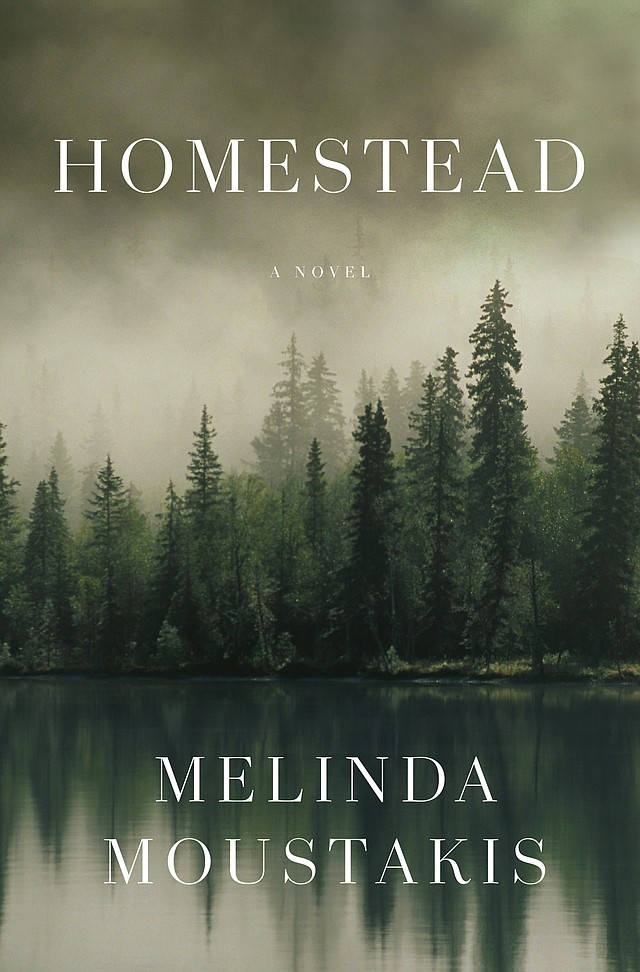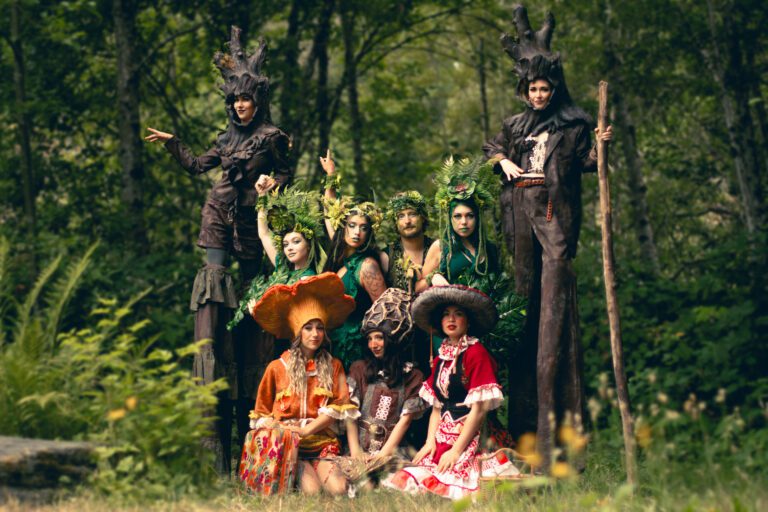Seen a certain way, every novel is destined to become a historical novel. Every novel, after all, constructs or represents a world in which its characters move and struggle, and through which its thematic materials are rendered. And because the world we know is always changing, any reality a writer manages to capture between covers will, before too long, begin to look a little weird.
What a writer hopes for, then, is to get down not only the ephemeral truths of one’s own time but something that does not really change: human nature, which might be described as the way people work generally against the obstacles of fortune, no matter what specific form these obstacles happen to take in one’s own era. In this way, one’s work will remain of interest even to future people who may not know how to, say, sail a sloop, harness a carriage or spear an adversary on the Plains of Troy.
What about a novelist setting a story in a time not her own? She faces a set of additional challenges. She must convincingly build an environment alien to herself. She must depict the specific ways in which that unfamiliar time and place impinges upon and deforms the people in it. And she must manage to preserve a sense of mystery and discovery in a universe in which she knows the future and her characters do not. This is all very hard.
Happily, Fairbanks native Melinda Moustakis has carved her way through this thicket of difficulty and arrived at a nicely cleared, rather compact and very emphatic novel, “Homestead.” It imagines the grueling experience of, it appears, her grandparents in something like frontier-era Alaska. Marie, a Texan visiting her sister in Anchorage in 1956, meets Lawrence, who has laid a claim on 150 acres near Anchorage. They marry almost immediately and set out to prove their claim to the satisfaction of the territorial authorities. This means they must build a house, farm at least 20 acres and survive the weather (and the bears). They must also, of course, survive one another.
 There is an accumulating power in this book, and a reader emerges worn, weary but satisfied. (Image courtesy of Flatiron Books)
There is an accumulating power in this book, and a reader emerges worn, weary but satisfied. (Image courtesy of Flatiron Books)
Readers familiar with Moustakis’ previous book, “Bear Down, Bear North” (winner of the Flannery O’Connor Prize for Short Fiction), will recognize some materials transported into the larger arena of “Homestead” — bottles of cranberry lick and cherry wine, fishing and hunting on nearly every page, and a landscape not just deadly but broadly indifferent to human-scale activity. Weakness of spirit or body, or imperfection of character, will get a person killed out here, but so will dumb bad luck or a second’s inattention.
There is not much plot to speak of in “Homestead,” at least not in the traditional sense. But there is plenty of appealing incident, as well as engaging development, in particular as seen in the difficult marriage between the young, war-scarred Lawrence and the even younger, often embattled Marie. They live in a bus while they build their cabin, plow the land, try for children and negotiate the complexities of their relationships with their families, who mean well but who are not always welcome or wise.
Not that Lawrence and Marie are particularly inviting — they are both terse, controlled people, and the book proceeds in a like manner, month by month, season by season, dense and determined, as though following a trail through deep woods. The prose is purposeful, often expert, with the twinned points of view variously clipped, despairing, then touched by frequent episodes of florid release.
It’s here a reader might grow slightly doubtful, in a kind of reluctant way, of some of Moustakis’ stylistic and “characterological” choices. In Moustakis’ hands, Lawrence and Marie are fallen creatures made glamorous by language, but to an extent, the glamour of the language precludes Moustakis from giving them, in a visceral sense, the embodied fullness of experience, the sudden stinks and joy-making folds we all know about and that make characters, finally, believable to us as people.
Instead, both Lawrence and Marie feel slightly more engineered than discovered. This becomes especially the case when Lawrence and Marie interact with the events of history — Eisenhower’s re-election, the Cold War, the campaign for statehood — moments when one feels the writer reaching for context and meaning.
But there is an accumulating power in this book, and a reader emerges worn, weary but satisfied. The competing draws of wilderness and civilization are made starkly visible in Moustakis’ Alaska. Everyone must participate in both killing and nurturing. Everyone must strike a balance between liberty and responsibility. We are drawn to such stories, I suspect, because they show us what we need to remember: how precarious we are, how reliant on others, how insistently we strain against that dependence, how the straining makes us stronger. How we have been, and will always be.
Michael Byers is on Twitter at @TheMichaelByers. He lives on Lummi Island.




